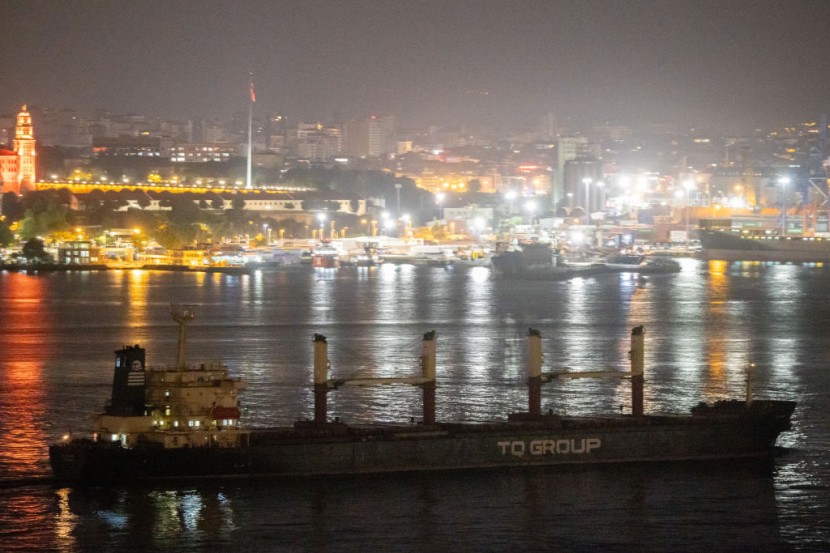
The United Nations (UN) Food and Agriculture Organization (FAO) has issued its latest Food Price Index (FPI), which averaged 123.9 points in July, up by 1.3% from June after an increase in vegetable oil and rice prices.
The rise also reflected Russia's withdrawal from the Black Sea Grain Initiative after the Kremlin refused to renew the deal in mid-July and even began threatening ships exporting grain from Ukraine.
Food Down the Black Sea Drain
The Russian invasion of Ukraine, two of the world's leading breadbaskets prior to the war, has become the primary reason why food prices peaked in 2022, leading to a global food crisis, especially to nations in parts of Africa, the Middle East, and Asia, where millions are struggling with hunger.
According to the Associated Press, the world was still rebounding from the price hikes, as well as disruptions brought about by COVID-19, when the grain deal expired.
With Russia's withdrawal from the UN- and Turkey-brokered deal which protected it from the crossfire because of the war in Ukraine, there are new risks that grain ships and other civilian vessels would be targeted by Russia more often after Ukraine's remaining major port, Odesa, has been pummeled multiple times in the past few weeks by Russian drone and missile strikes.
Because of the disintegration of the grain deal, international wheat prices rose by 1.6% in July, the first increase in nine months, according to FAO chief economist Maximo Torero.
Read Also: Russia Issues Warning Against Exporting Grain From the Black Sea, Attacks Ukrainian Ports
🔴The latest @FAO Food Price Index is out!
— FAO Newsroom (@FAOnews) August 4, 2023
Global food commodity prices rose in July, influenced by the termination of the Black Sea Grain Initiative and new trade restrictions on rice.https://t.co/wuPRM9DIAe
Rising Rice Prices
In addition to grain from Russia and Ukraine, India's trade ban on some varieties of non-Basmati white rice was also a cause for concern, which prompted hoarding of the staple in the Indian diaspora across the world. The restrictions were imposed late last month after an earlier-than-expected El Niño brought drier, warmer weather in some parts of Asia, which would cause harm to rice production.
As a result, rice prices rose by 2.8% in July and 19.7% this year to reach their highest level since 2011, the FAO said. The increase would be particularly difficult for sub-Saharan Africa as they are a key importer of the staple, Torero added.
Weather Also Affects Food Production, FAO Economist Says
Aside from wheat and rice, the FAO also noticed an upward trend for both vegetable oil (12.1%) and sunflower oil (15%). According to CNN, the price of vegetable oil could be influenced by crude oil because it is used in the production of biofuels.
Torero said the world would face shortages and demand imbalances in the long run if export restrictions and weather-induced production shortfalls would continue, leading to a "lack of food access because of increasing prices and potential food insecurity" even if food supplies remain stable.
"That transmission from lower commodity prices to the final consumer prices, which include other components like logistics and other products we produce - bread, for example - is not yet happening in developing countries," he added.
© 2025 HNGN, All rights reserved. Do not reproduce without permission.








